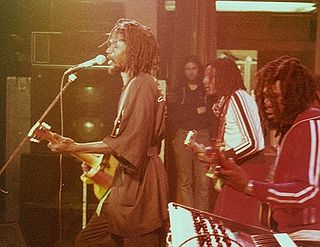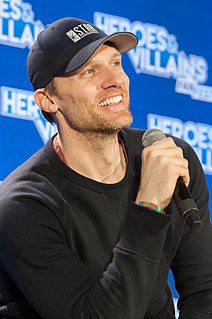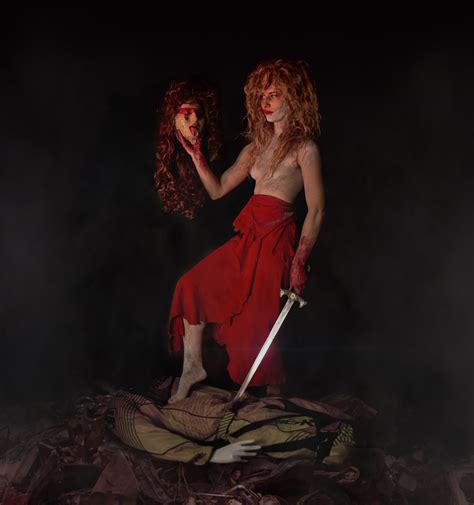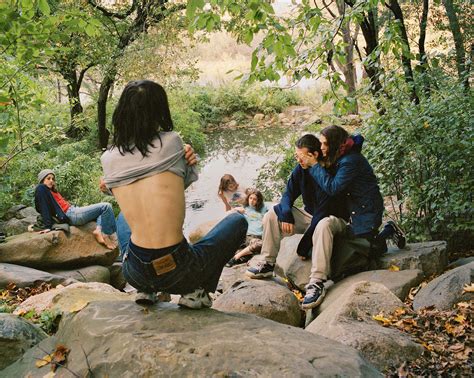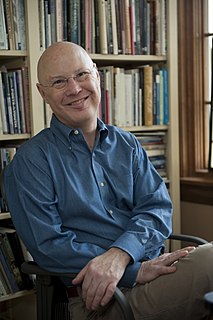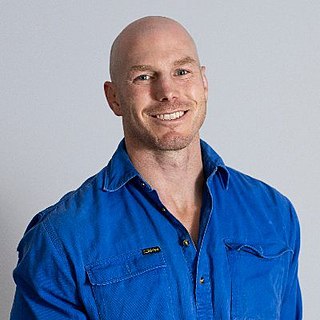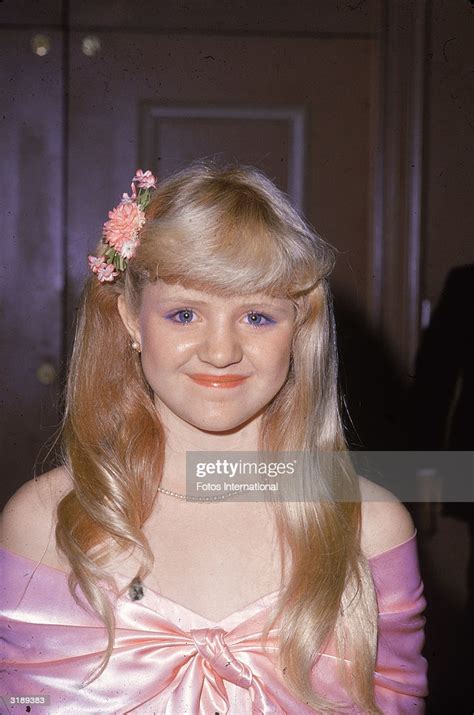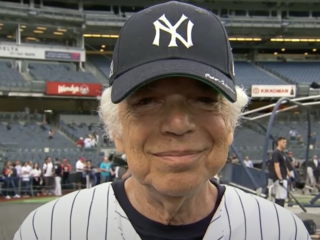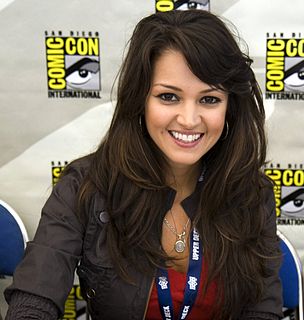A Quote by Les Wexner
Growing up, I knew you were supposed to have a profession - and something better than being a shopkeeper, which is what my parents were.
Quote Topics
Related Quotes
When I was in high school in the early 1970s, we knew we were running out of oil; we knew that easy sources were being capped; we knew that diversifying would be much better; we knew that there were terrible dictators and horrible governments that we were enriching who hated us. We knew all that and we did really nothing.
These boys, now, were living as we'd been living then, they were growing up with a rush and their heads bumped abruptly against the low ceiling of their actual possibilities. They were filled with rage. All they really knew were two darknesses, the darkness of their lives, which were now closing in on them, and the darkness of the movies, which had blinded them to that other darkness, and in which they now, vindictively, dreamed, at once more together than they were at any other time, and more alone.
I would say basically the commonplace observation that kids aren't going to earn as much as their parents is now is a coin flip at this point. Are you going to do better than your parents? It's a 50-50 chance, whereas if you were born in the 1940s or 1950s, you had more than a 90 percent chance you were going to do better than your parents. So basically almost a guarantee for most kids that you were going to achieve the American Dream of doing better than your parents did. Today, that's certainly no longer the case.
Happiness is not like we were walking around fingering razor blades or anything like that. But it just sort of seems as if - we sort of knew how happy our parents were, and we would compare our lives with our parents and see that, at least on the surface or according to the criteria that the culture lays down for a successful, happy life, we were actually doing better than a lot of them were.
I was a swimmer growing up, which meant being in the pool at 5 a.m. You get used to it. You get up at 4:15 a.m.; my parents, who were amazing, they were up at 4:15 a.m. or earlier to drop me off at the pool and then go to work. I eventually stopped doing that, but the pattern remained. I like getting up really early. It feels like my time of day.
My parents both renounced their material lives and were living as monks at an ashram in L.A. when they met each other. So we were always raised in this environment and when we moved to the ashram in Florida it was just like, "Oh, wow, now all of a sudden there's more people like us," because we were growing up in the middle of Texas with our parents, always being the weirdos.
I'm doing exactly what I was supposed to do. Yeah. I didn't exactly choose this. My own life, if it were up to me, would be very, very quiet. I'd be like a shopkeeper, a book collector, or something like that. I'm not like this. Myself as a performer and an artist is totally different from who I am.



